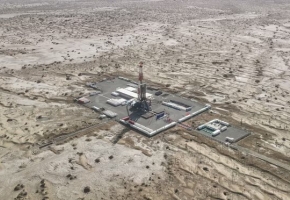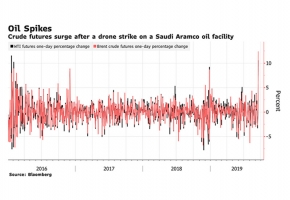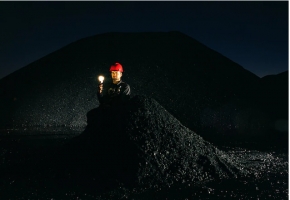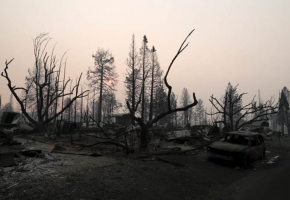Current oil prices barely cover costs of production

The world has changed for oil producers. When crude-oil prices were more than $100 a barrel, the ensuing profits were huge. Now prices barely cover the average cost to get the oil out of the ground in places like the U.K. Additional expenses, like taxes on profits, mean that the actual breakeven price for many projects is higher, and newer and more complex projects generally fall well above the average cash cost of production.
For instance, the cost of producing a barrel of oil in Iran hovers around $9. Meanwhile, the average lifting cost of oil in Russia is around $10-$15 per barrel.

"The cost of producing oil in Russia varies absolutely everywhere. Everything depends on the geological conditions and presence of infrastructure. In Western Siberia where infrastructure is developed, there is one cost, while Eastern Siberia where it needs to be built has another cost. But the average is from $10 to $15 per barrel, which includes both operational expenses as well as return on capital investment," Russian Energy Minister Alexander Novak said during a government hour in the State Duma.
A world oil price in the range of $55-60 per barrel is less, than the cost of Russian Arctic oil production, European and Brazilian biofuel production, US and Canadian shale and tight oil production, and Brazilian presalt oil production. Sustained price levels below the level of cost production can deter exploration and production and shift production potential for years to come.
Thus, the cost of producing a barrel of oil and gas varies widely across the world, setting up winners and losers as the price of crude fluctuates at historically low levels.







